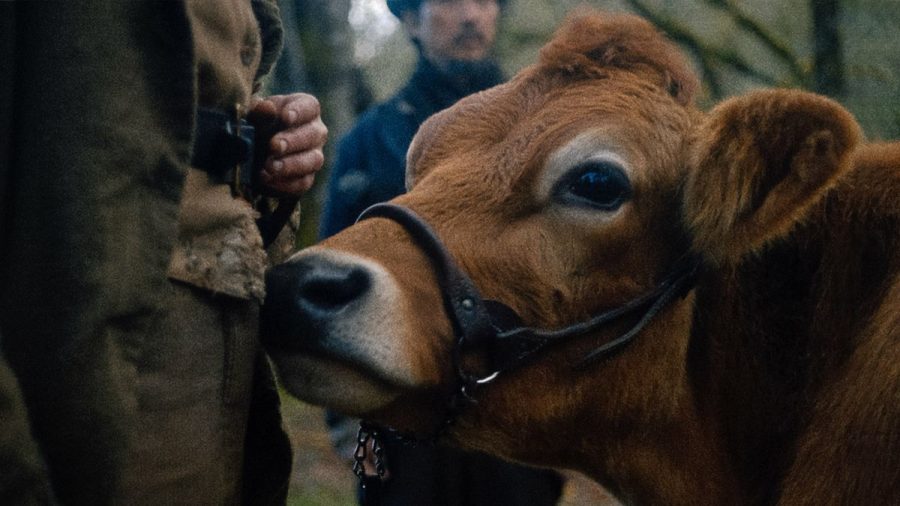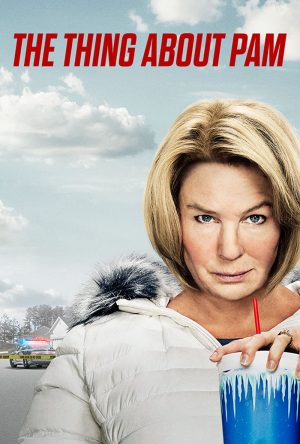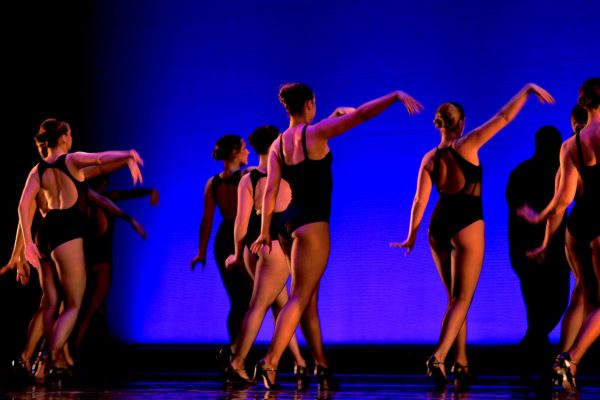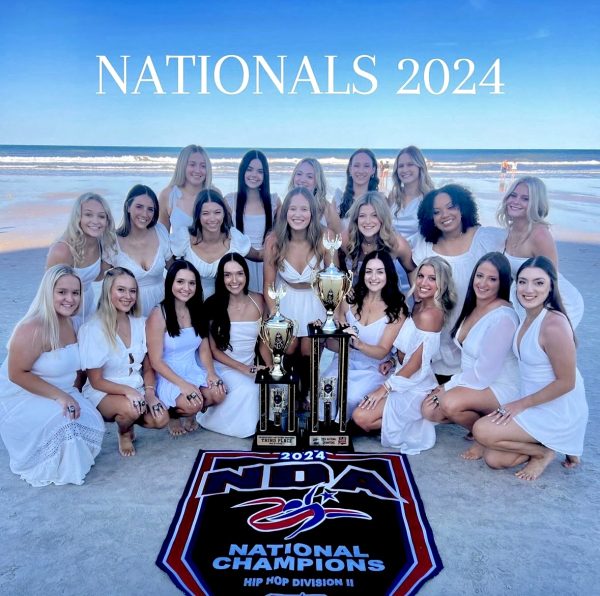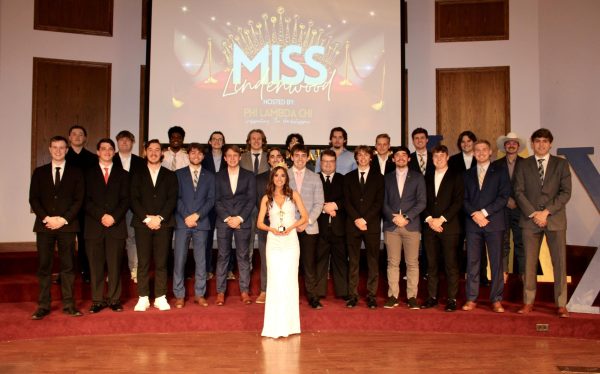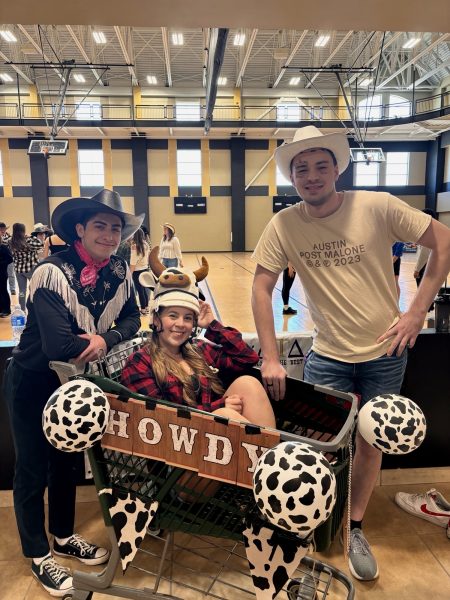Review: Acclaimed independent film “First Cow” has bland flavor
March 13, 2020
This movie review was produced in collaboration with Lindenwood’s campus radio station, KCLC.
Expectations are naturally high for the newest release from A24; with films with as much critical acclaim as “Uncut Gems,” “The Lighthouse,” “Midsommar,” and “The Farewell” released just in 2019, the independent studio has developed a reputation for films that defy conventions of mainstream cinema.
“First Cow,” now in theaters and opening in St. Louis March 20, is certainly unconventional. But as always, whether that is a good or bad thing depends on whether the conventions it breaks are good or bad.
Probably the most notable thing about director Kelly Reichart’s historical drama is its exceptionally slow pace. A slow movie is not necessarily a bad thing; it can give the audience time to fully digest its themes and learn about its characters. But if a film doesn’t have momentum to compel the audience to be engaged, it will feel like the only thing they anticipate is its ending.
“First Cow” starts off with a shot of a ship slowly crossing the entire frame. This opening shot serves as an accurate omen for the film as a whole, which spends a lot of time dwelling on aimless shots.
The story takes a while to get going, but once it does, it is a story about capitalism.
The main characters, Otis “Cookie” Figowitz (John Magaro) and King Lu (Orion Lee), first meet in the woods in Oregon while Cookie is struggling to scavenge for food for the group of pioneers he is traveling with and King is naked running away from the law. Later, Cookie and the Chinese immigrant meet again while they are living in a rough frontier town of ramshackle shacks. 
The two become tired of eating bread of flour and water, and are eager for something better. However, King remarks, “There’s no way for a poor man to start. You need capital. We need some kind of miracle. Or a crime.”
That crime comes when they decide to sneak onto the farm of a wealthy trader at night and steal milk from his cow, rumored to be the first in the territory.
Cookie makes “oily cakes” with the stolen milk, and the men form a primitive yet profitable business by selling them in the town’s muddy square. King even employs marketing for their product, claiming they use an “ancient Chinese recipe.” So many people line up to buy the fried cakes that the two entrepreneurs remark that they will need a bank to hold all the currency they earn. But at the same time, they worry that the entitled, tyrannical British trader (Toby Jones) may learn they are secretly milking his esteemed cow.
Reichart, a Portland-based filmmaker whose other works include “Meek’s Cutoff” (also set on the Oregon Trail), said in a The Atlantic interview that she wanted “First Cow” to show the “early seed of capitalism.”
The peppering of these themes provides some interest to the movie, but they are only lightly explored.
The plot ultimately comes to an anticlimactic conclusion, and the film’s flat, monotonous tone generates little emotion or tension.
“First Cow” is presented with an avant-garde visual approach. It is shot in a claustrophobic aspect ratio, with parts of characters’ faces often cropped out of the frame.
At the same time, it features artful shots framed through windows, gaps in cabin walls, or openings in tents.
Another admirable aspect of “First Cow” is its production design. The film has period costumes, sets, and props which contribute to its characteristic 19th-Century western flavor.
“First Cow” has a score of 89 on Metacritic and viewers on IMDB have rated it 7.2 out of 10. It is clear that some audiences and critics like it and that it is an expression of Reichart’s artistic vision. However, its mostly drab, meandering presentation detracts from its merits.
Rating: 3/5 stars.
Reviewed at Marcus Ronnie’s Cinema, Sappington, Missouri, on March 9, 2020.
MPAA Rating: PG-13. Running time: 121 minutes.



